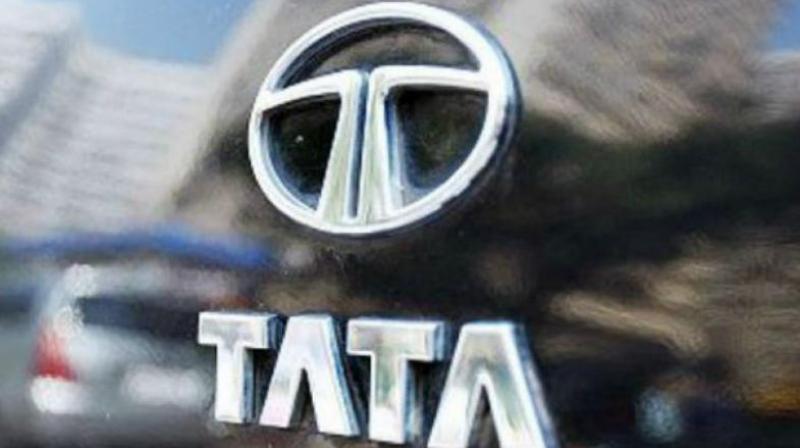Fitch places Tata Motors in negative watch list

Mumbai: The increasing risks of a disorderly Brexit for Jaguar Land Rover Automotive has led Fitch Ratings to put Tata Motors on Rating Watch Negative.
Negative watch is a status that the credit-rating agencies give a company while they are deciding whether to lower that company's credit rating.
“Tata Motors financial profile to remain weak versus its peers as it continues to expand capacity and product range amid a challenging operating and competitive environment. Tata Motors faces considerably higher risk from a disorderly Brexit than its peers, due to the significant production imbalance in its JLR business,” Fitch Ratings said.
“Trade barriers and logistic issues arising upon a disorderly Brexit could have an impact on JLR's competitive positioning, and lead to significantly lower sales and profitability and higher working-capital needs,” Fitch Ratings said.
“This is likely to outweigh improving operating performance in Tata Motors’ India business, and lead to significantly lower cash generation and higher leverage than our rating case,” Fitch Ratings said.
“We aim to resolve the rating watch negative in the next few months, when we will have more clarity over the outcome of Brexit negotiations and its impact on Tata Motors. This could lead to a downgrade by at least one notch,” the rating agency said.
Production imbalance in the JLR business in no-deal Brexit scenario, whose likelihood has risen over the past few weeks could hurt Tata Motors' credit profile, Fitch Ratings said.
JLR sells about 20 per cent of its vehicles in both continental Europe and the US, but manufactures them quasi-exclusively in the UK. This exposes it to increased tariffs and supply-chain disruptions from a disorderly Brexit, which could undermine its competitive positioning and affect cash generation.
The JLR business also faces risks from a fluid global tariff situation, its weakening competitive positioning in China, and the impact of tightening emission regulations on its product portfolio which is focused heavily on diesel.
Meanwhile Tata Motors’ India business continued to grow in both the commercial and passenger vehicle segments. Sales volume rose by 31 per cent year on year in medium and heavy commercial vehicles and by 22 per cent in light commercial vehicles during nine months ended 31 December 2018.
However, the potential impact of a disorderly Brexit on cash generation can outweigh growth in the India business, resulting in a substantially weaker Tata Motor consolidated financial profile.

